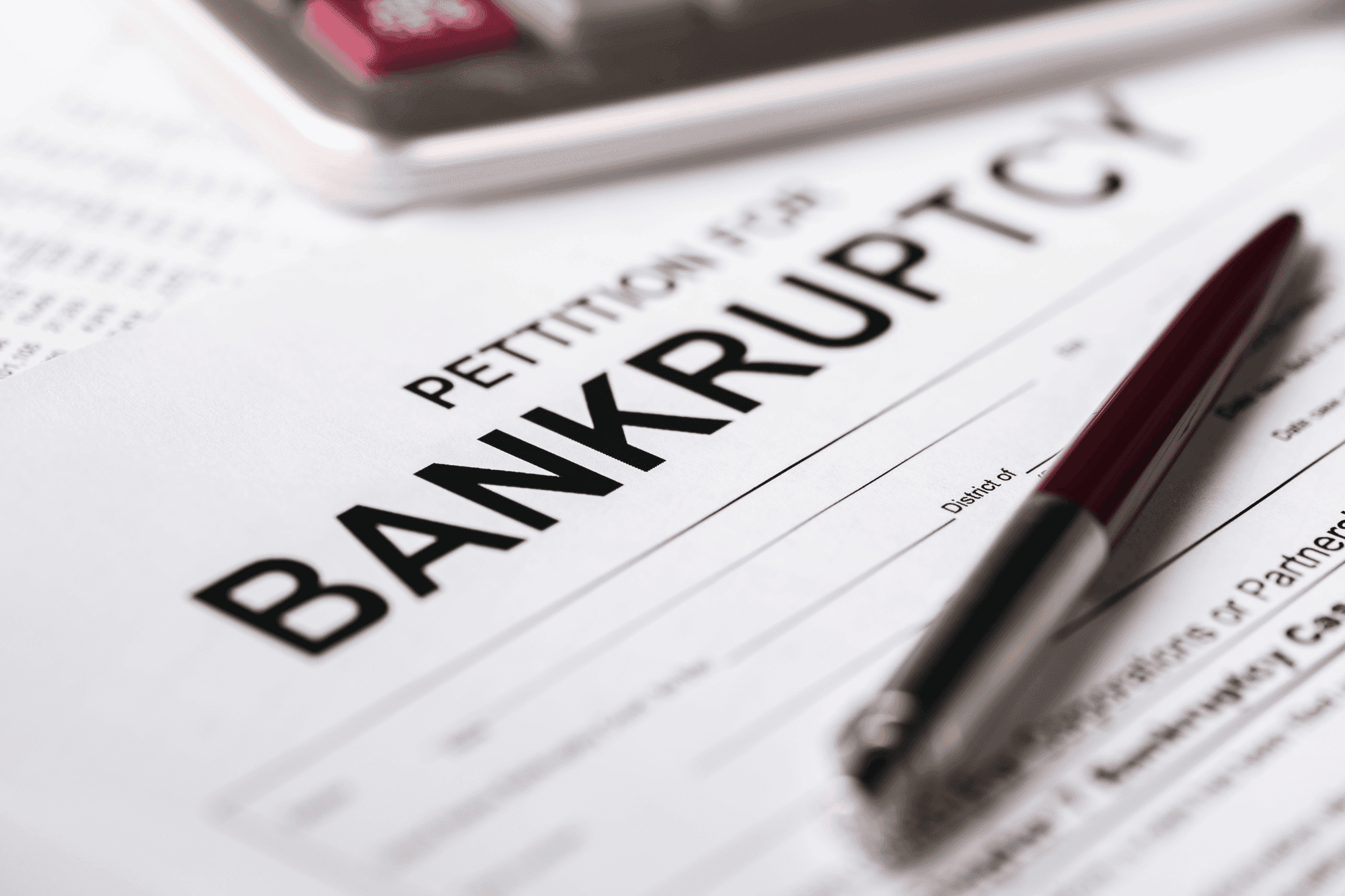Guide
How to Appeal a Denied Pre-Settlement Funding Application
How to Appeal a Denied Pre-Settlement Funding Application
Jul 30, 2025
Jul 30, 2025


Back to blogs
Back to blogs
Applying for pre-settlement funding can be a lifeline when you're facing mounting expenses during a lawsuit. But what happens if your application is denied? While a denial can feel discouraging, it doesn’t always mean your case is ineligible—it simply means more information or a better approach may be needed.
This article outlines the most common reasons pre-settlement funding applications get denied, how to appeal or reapply effectively, and how Instabridge works with plaintiffs and attorneys to turn denials into successful approvals.
Why Pre-Settlement Funding Applications Are Denied
Funding companies evaluate the strength of your case before approving an advance. A denial usually indicates uncertainty or concern in one of the following areas:
1. Insufficient Case Documentation
Missing or incomplete records (such as police reports, medical bills, or legal filings) can prevent a funder from accurately assessing your case value.
2. Unclear Liability
If fault is not clearly established—or is still being disputed—funding providers may consider your case too risky at that stage.
3. Low Estimated Settlement Value
If your case has limited damages, you may not qualify for funding simply because the expected payout won’t support a meaningful advance.
4. Uncooperative Legal Representation
Funders rely on communication with your attorney. If your lawyer is unresponsive or unwilling to provide necessary information, the application may stall or be denied.
5. Overfunding Risk
If you’ve already received an advance or your case has minimal room left after legal fees, additional funding might exceed what your final settlement can support.
Can You Appeal or Reapply?
Yes. In many cases, you can appeal a denial—especially if new information becomes available or existing concerns are addressed.
Here’s how to do it effectively:
✅ 1. Request the Reason for Denial
Ask the funding company (or have your attorney inquire) for a clear explanation of why your application was declined.
✅ 2. Update or Strengthen Case Materials
Work with your attorney to gather missing documentation, clarify liability, or obtain expert statements that reinforce your claim.
✅ 3. Wait for a Strategic Time
Reapplying later—after your case has progressed, liability is confirmed, or settlement discussions begin—can significantly increase your approval chances.
✅ 4. Choose a Responsive Funding Partner
Not all funding companies reassess denied applications. Instabridge works closely with your legal team to find a solution whenever possible.
Instabridge’s Approach to Reconsideration
At Instabridge, we understand that a denial can be frustrating. That’s why we offer:
Case Re-Evaluation: We welcome appeals with updated documentation or when your case has progressed.
Attorney Collaboration: Our team works directly with your lawyer to fill in gaps or clarify issues that may have led to the denial.
Clear Communication: You’ll receive transparent feedback so you can understand exactly where your application stands.
Personalized Support: Every case is unique. We look at your situation holistically to find a funding solution that fits your needs.
Tips to Avoid Future Denials
Ensure attorney cooperation from the start
Provide complete and accurate case details
Apply when liability is well-established
Use a trusted funding partner with experience in your case type
Conclusion: A Denial Doesn’t Mean the End
A denied application is not a closed door. With the right documentation, timing, and support, you may still qualify for the pre-settlement funding you need. Instabridge is here to guide you through the process, answer your questions, and give your case the consideration it deserves—even after a first attempt.
If your pre-settlement funding application was denied—or if you're planning to apply again—contact Instabridge today. We’ll help you take the next step with clarity and confidence.
Other Blogs
Other Blogs
Waiting on a Settlement? Get Cash Now!
Instabridge Funding provides fast, risk-free legal funding.
Waiting on a Settlement? Get Cash Now!




































































































































































